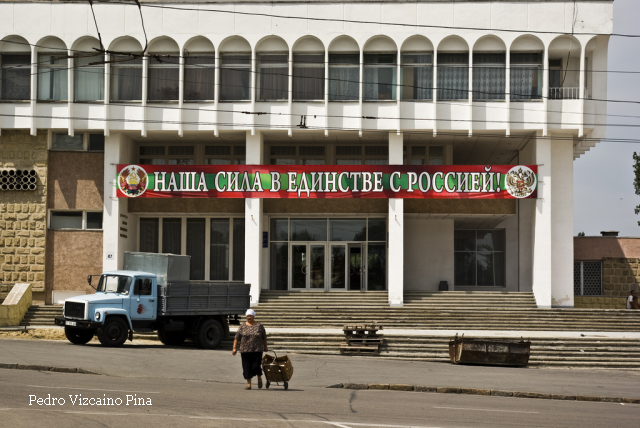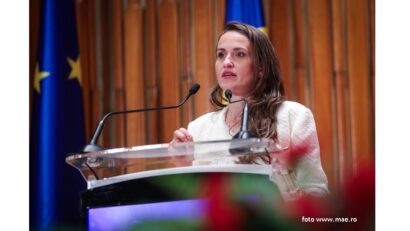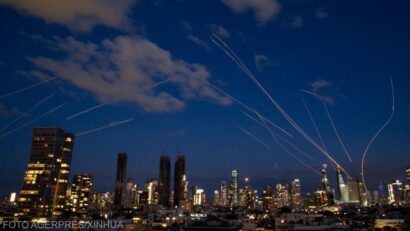Transdniester – a frozen conflict
Pro-Russian breakaway Transdniester is once again on UN agenda.

Bogdan Matei, 30.09.2014, 14:19
For political analysts with a good memory, the Ukrainian crisis this year is nothing but a reenactment of the geo-political and war games Russia played 25 years ago. At a smaller scale, in lab conditions if you like, what happened in Crimea in spring and in Donbas in summer was patented in Transdniester in the early 90s. With only 40% ethnic Romanians and the rest of Ukrainians and Russians, the region had been forcing its way out of the republic even prior to the break up of the Soviet Union. The separatists’ main argument, albeit ungrounded, was that the Republic of Moldova could have become part of Romania, to which it had actually belonged until its annexation by Stalin back in 1940.
The secessionists saw their dream come true in 1992, when the former Soviet republic, which had proclaimed its independence a year before, had to concede defeat in an armed conflict, which left hundreds of dead and was settled with the intervention of the Russian troops on the separatists’ side. Initially presented as a punctual mission, the presence of the Russian troops in Transdniester became permanent.
It’s already been 15 years since the OSCE summit in Istanbul, when Russia, led at that time by president Boris Yeltsin, pledged to pull out its troops and weaponry from the east of the Republic of Moldova. Under president Vladimir Putin, Moscow’s troops deployed in Transdniester have changed only their name; from occupation troops, which they are de facto, overnight they were called peacekeepers.
Last week, from the rostrum of the United Nations General Assembly, the Republic of Moldova’s Foreign Minister, Natalia Gherman stood again for the pull out of the Russian contingent and its replacement with an international civilian mission. The presence of the Russian troops in Transdniester has been spawning additional obstacles to the peace process, Mrs. Gherman bluntly put it, hinting at the almost never-ending 5+2 talks, which brought together the representatives of Chisinau, of the separatists, Russia, Ukraine and the OSCE, with the EU and the USA as observers.
Also in New York, concurrently with the UN General Assembly proceedings, Romanian Foreign Minister, Titus Corlatean, reiterated the top priority importance Romania attaches to the settlement of the frozen conflict in the neighboring Republic of Moldova. Reaching a political agreement based on observing Moldova’s territorial integrity and sovereignty with a special political status for Transdniester remains a main objective of the pro-Western government in Chisinau and its partners in Bucharest, Brussels and Washington. However, everyone knows that nothing can change in Transdniester without a green light from Moscow, the protector and financial supporter of the secessionists.






























